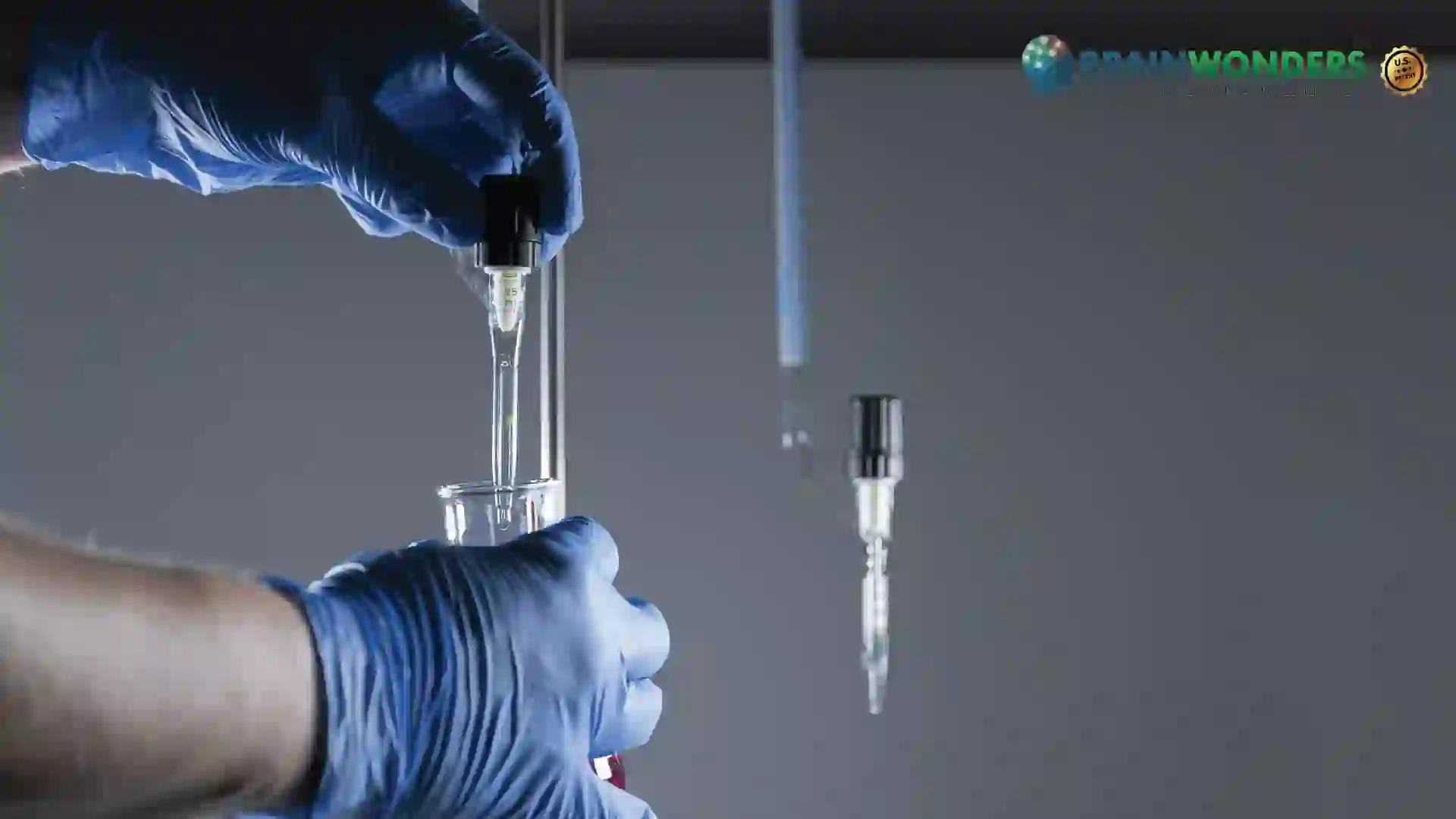How to become a Soil and Plant Scientist
Overview, Courses, Exam, Colleges, Pathways, Salary

Overview
Who is Soil and Plant Scientist ?
The study of soil on the surface of the Earth as a natural resource including physical, chemical, biological, soil formation, classification, mapping and fertility properties of soils and their properties, management of soils is known as soil science. A soil scientist investigates the physical and chemical qualities of soil, as well as its distribution, origin, and history, as well as its species. The role of soil scientist identifies, interpret, map, and manage soils agricultural issues, environmental conservation, restoration, mining operations. soil scientists study the land and water resources, help to protect water resources by preventing surface water and groundwater pollution, work with farmers advising them on crop and soil-related problems, design chemically reduced or chemical-free integrated pest management strategies, helping them develop nutrient management and soil conservation plans. Soil science has several disciplines, including pedology, which is the study of soil formation, chemistry, morphology, and classification, and edaphology, which is the study of how soils interact with living things, particularly plants.
Typical day at work
What does Soil and Plant Scientist do?
- To develop and conduct experiments with various variety of field crops that focus on characteristics such as nutritional value,yield, quality, disease resistance or adaptation to specific soils or climates.
- To develop improved or new methods or products for controlling, eliminating crop diseases, weeds or insect pests.
- To provide recommendations or information to farmers or other landowners about use of land, promote plant growth, or avoid or soil erosion
- To develop environmentally safe methods or products for controlling or eliminating pests, weeds, crop diseases.
- To investigate poor water quality or soil problems to determine sources and effects.
- To conduct experiments investigating how soil interacts, soil forms, changes with land-based ecosystems or living organisms.
Abilities and Aptitude needed
What are the skills, abilities & aptitude needed to become Soil and Plant Scientist?
To become a soil and plant scientist, the aspirants must need to develop certain skills like good interpretation skills, be confident in accepting challenges, and ability to understand things, the ability to look into every minute detail of the facts to conclude as precisely as possible, critical thinking such as using logic and reasoning to identify the strengths and weaknesses of alternative solutions, conclusions or approaches to problems, scientific rules and methods to solve problems, understand the implications of new information for both current and future problem-solving and decision-making, to identify complex problems and reviewing related information to develop and evaluate options and implement solutions, ability to work in a team and poses good IT knowledge.
Salary
Salary for Soil and Plant Scientist?
The salary of Soil and Water Conservationists in India can vary depending on factors such as experience, qualifications, location, employer size, and industry demand.
- Minimum Salary: The minimum monthly salary for Soil and Water Conservationists in India typically ranges from Rs.20,000 to Rs.40,000. This range generally applies to entry-level positions or those with limited experience working in smaller organizations or less economically developed regions.
- Maximum Salary: The monthly salary for Soil and Water Conservationists in India can range from Rs.50,000 to Rs.1,00,000 or higher. This higher salary range is often offered to experienced professionals with advanced degrees, significant expertise, managerial responsibilities, and working in larger organizations or high-demand industries.
- Highest Paying Jobs and Scope: Regarding the highest paying jobs, senior positions with managerial responsibilities, specialized expertise, or those involved in large-scale conservation projects typically offer higher salaries. For example, working in senior roles within government agencies, large consulting firms specializing in environmental conservation, or leading research institutions can provide opportunities for higher-paying positions.The scope for Soil and Water Conservationists in India is expanding due to growing environmental awareness, increased focus on sustainable land use, and government initiatives promoting conservation practices. The highest scope for these careers can be found in government agencies involved in natural resource management, environmental consulting firms, research institutions, agricultural and farm-related organizations, and conservation-focused non-profit organizations.
Pathways
How to become an Soil and Plant Scientist?
Entrance Exam
Entrance Exam for Soil and Plant Scientist ?
To enroll into a Bachelor’s / Master’s program, it is essential for the aspiring candidate to clear entrance exams conducted by various educational institutes. Some Institutes takes admission on bases of merit list.
Courses
Which course I can pursue?
Best Colleges
Which are the best colleges to attend to become an Soil and Plant Scientist?
Industries
Which Industries are open for Soil and Plant Scientist?
- Environmental or Resource Management
- Agricultural Industry
- Soil Conservation
- Crop Consultancies
- Research Field
- Marketing Management
- Agricultural Firms
- Environment Consultancies
- Research Establishments
- Commercial and Industrial Enterprises
- Academic Institutes
- Soil Conservation Departments
- Water Management Bodies
- Environment Protection Companies
- Geological Departments
internship
Are there internships available for Soil and Plant Scientist?
To become a soil and plant scientist, the aspirants must need to develop certain skills like good interpretation skills, be confident in accepting challenges, an ability to understand things, the ability of critical thinking, such as employing logic and reasoning to identify the strengths and weaknesses of a situation, to dig into every minute aspect of the facts in order to arrive at a specific conclusion, alternative solutions, conclusions or approaches to problems, scientific rules and methods to solve problems, understand the implications of new information for both current and future problem-solving and decision-making, to identify complex problems and reviewing related information to develop and evaluate options and implement solutions, ability to work in a team and poses good IT knowledge.
Career outlook
What does the future look like for Soil and Plant Scientist?
A soil and plant scientist can make his career in both the Private as well as Government Sectors. Aspirants may apply for government jobs and work for government agencies in the area. In higher education institutions, aspirants might work as researchers or assistant professors. Soil and plant scientists obtain immense satisfaction from jobs also get the opportunity to solve problems, meet different people, and vary their work routine, which becomes an exciting experience, opportunity to travel to different locations and work on a flexible schedule Benefits like health insurance, sick leave, and vacations may be available to some.







